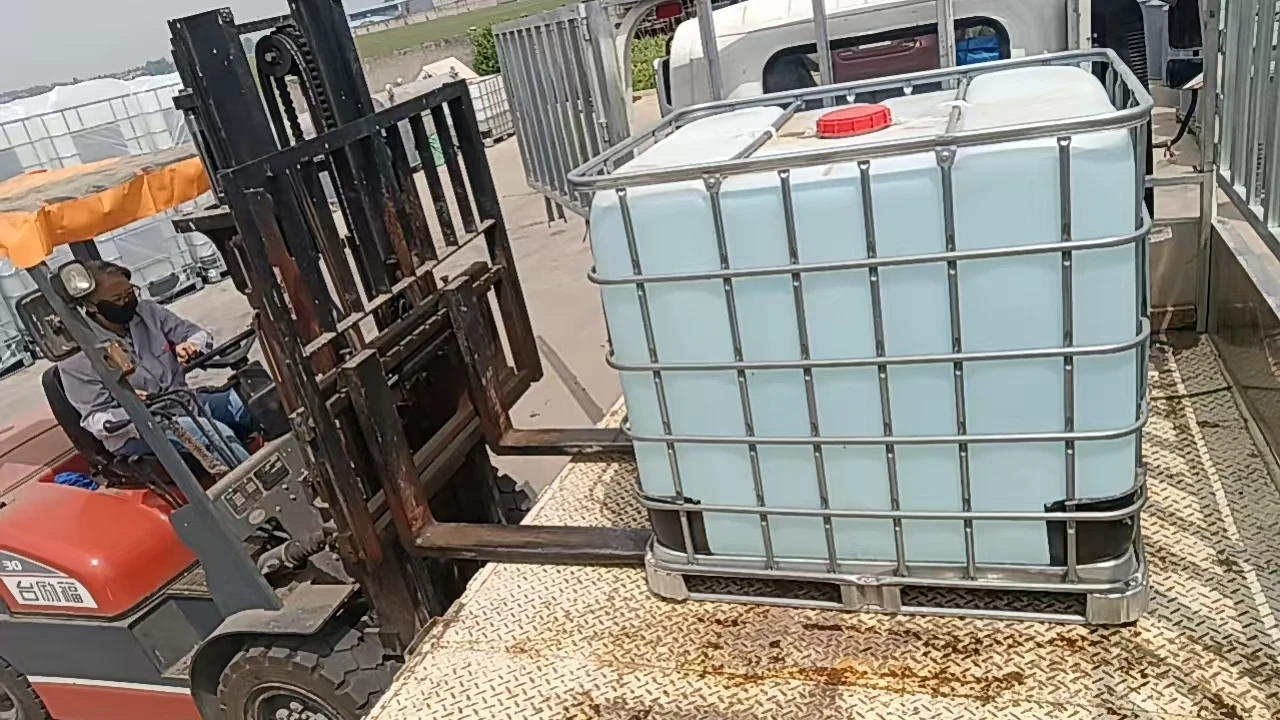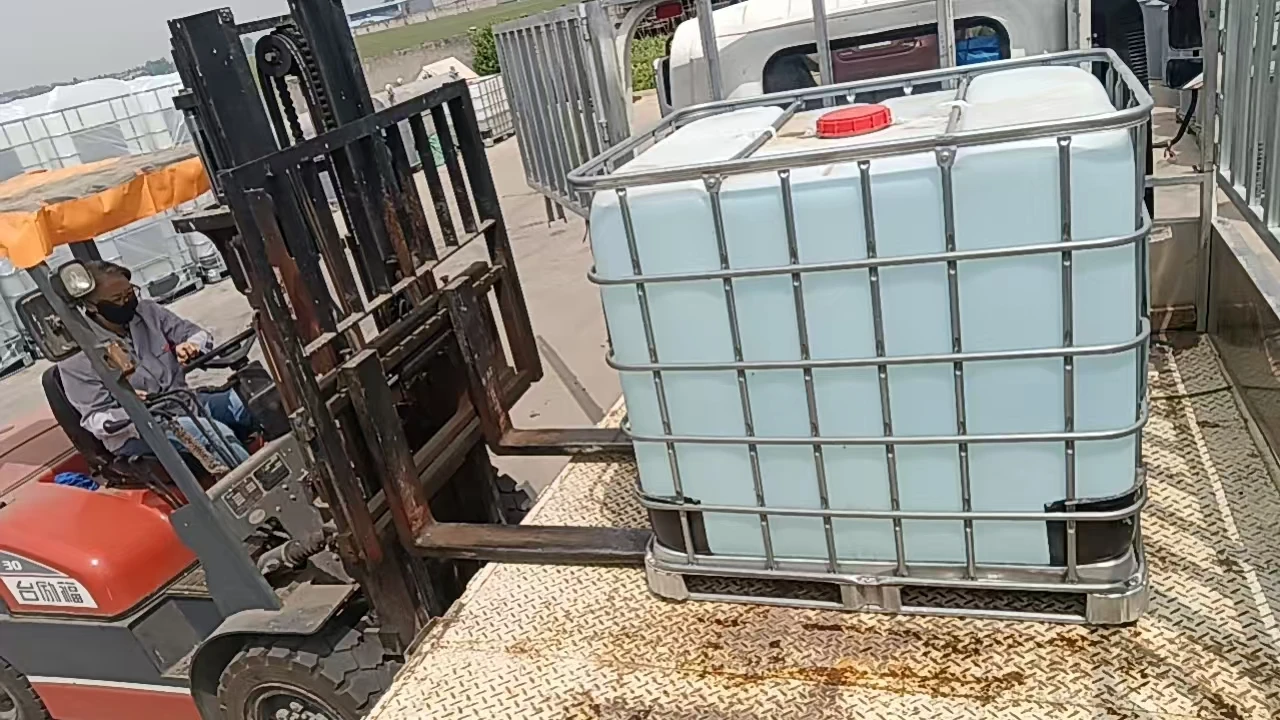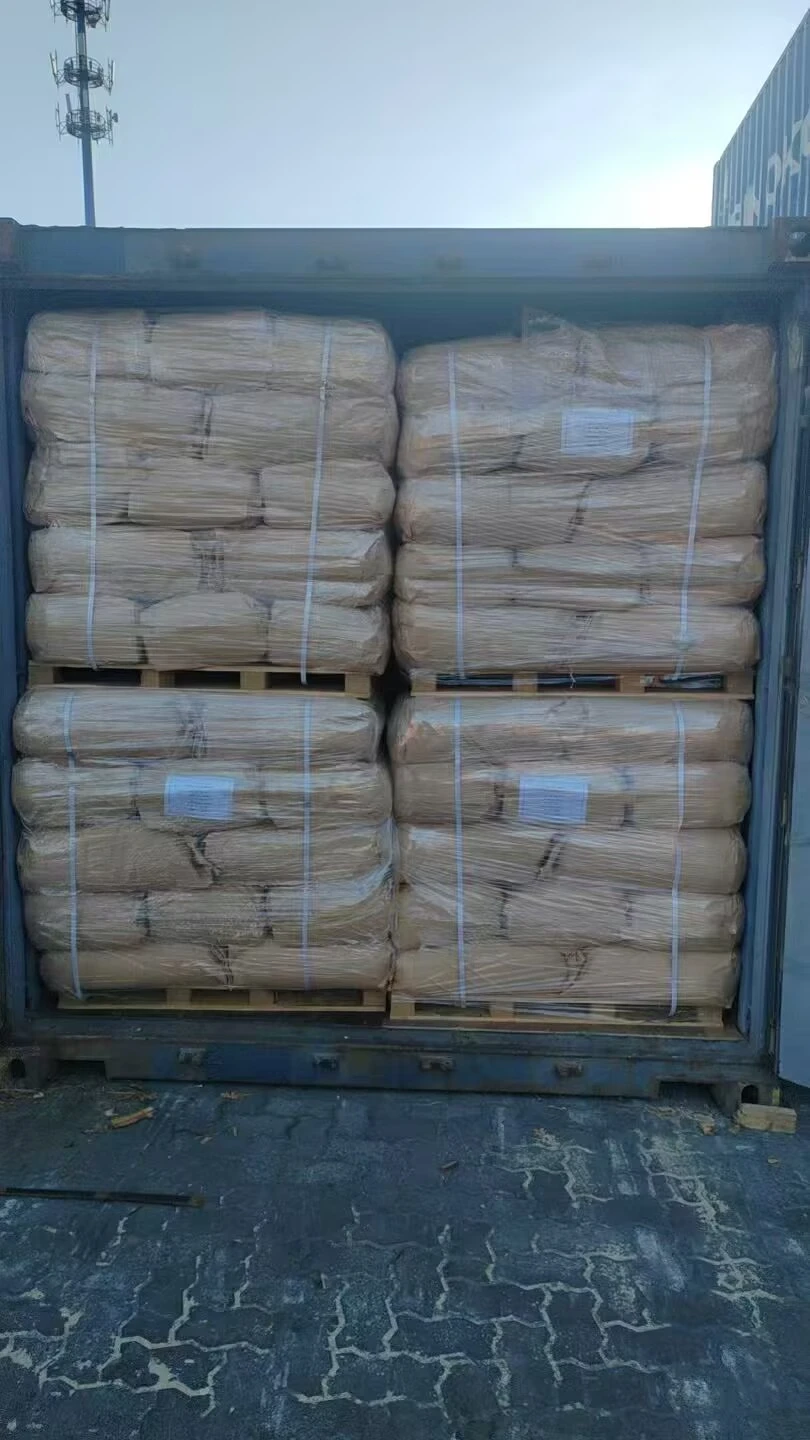Additives in plastics are substances incorporated during the manufacturing process to enhance or modify the material's properties. Common additives include plasticizers to increase flexibility, stabilizers to prevent degradation from heat and UV light, fillers to improve strength and reduce costs, colorants to provide desired colors, and flame retardants to reduce flammability. Antioxidants and antistatic agents are also added to improve the plastic's durability and performance. These additives are essential for tailoring the plastic to specific applications and improving its functionality and lifespan.
- Igama Lomkhiqizo
- Inombolo ye-CAS.
-
 19372-44-2
19372-44-2 -
 6642-31-5
6642-31-5 -
 25319526-5
25319526-5
What Are Bio Additives For Plastic?
Bio additives for plastics are environmentally friendly substances designed to enhance the biodegradability and reduce the environmental impact of plastic products. These include starch-based additives, polylactic acid (PLA), and polyhydroxyalkanoates (PHAs), which are derived from renewable resources and promote faster degradation under appropriate conditions. Enzyme-based additives are also used to accelerate the breakdown of plastics when exposed to microbial activity. These bio additives help create more sustainable plastic products by facilitating their decomposition and reducing plastic waste in the environment.
Funda Izindaba Zethu Zakamuva

Jul.21,2025
The Potential of 1,3-Dimethylurea in Novel Polymer Materials
The field of polymer science is witnessing a quiet revolution through the strategic incorporation of specialty chemical intermediates into material formulations.
Funda kabanzi
Jul.21,2025
The Key Role of 1,3-Dimethylurea in Caffeine Synthesis
The production of active pharmaceutical ingredients (APIs) relies heavily on specialized chemical compounds known as pharmaceutical intermediates, which serve as crucial building blocks in multi-step synthetic pathways.
Funda kabanzi

